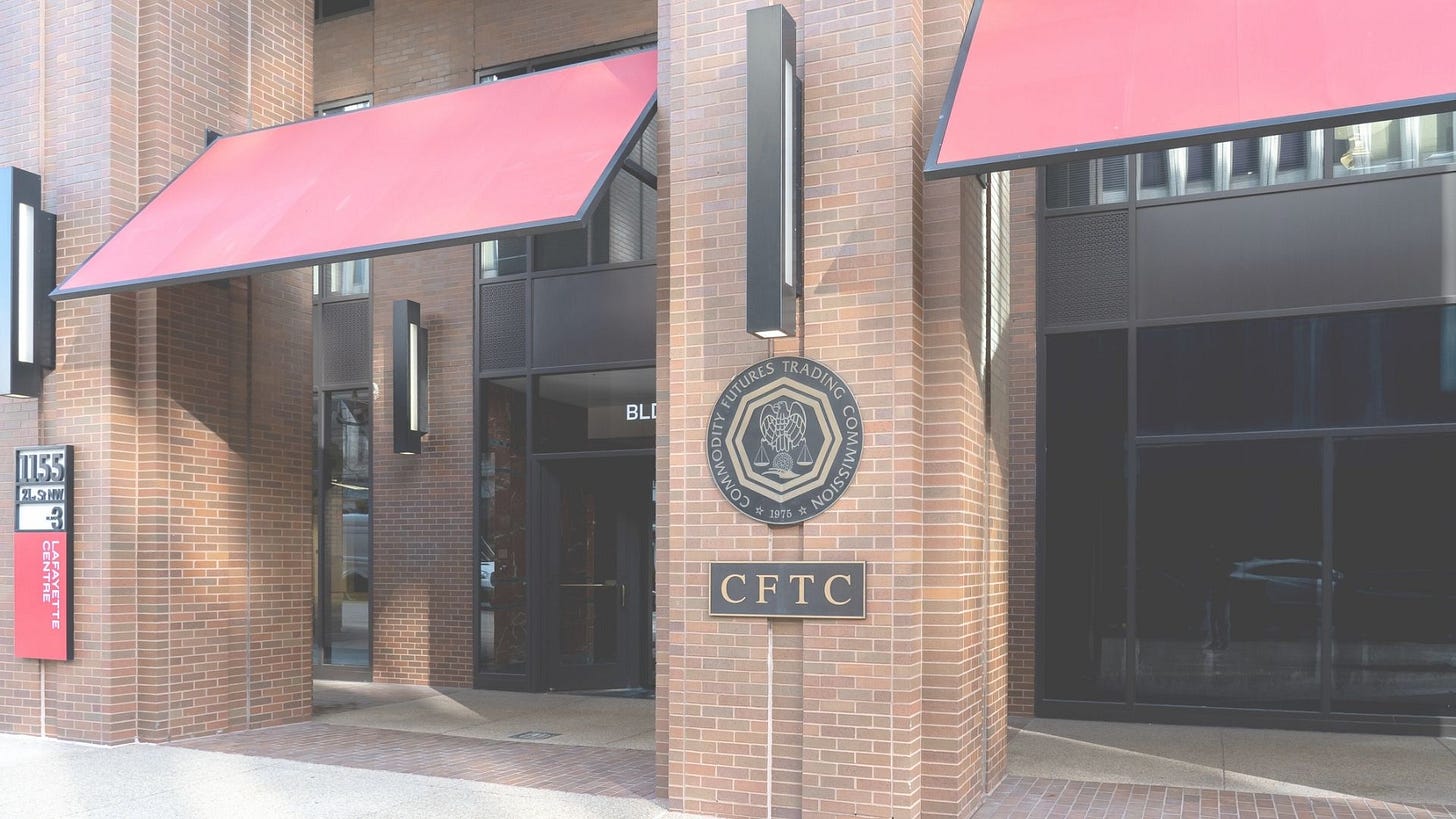The top five climate risk stories this week
1) UK consults on transition plans for companies

A UK taskforce launched a consultation Wednesday on a “Sector-Neutral Framework” for company-level transition plans.
The Transition Plan Taskforce (TPT), which was set up on April 25 by the UK Treasury, says the framework will help companies “develop standardised and meaningful plans” to decarbonize their businesses and align with the UK’s net zero by 2050 goal. The taskforce wants the framework to include the definition of a transition plan, a set of principles for preparers and users of transition plans to follow, and a rundown of the key elements that these plans should cover.
“There is a real need for common, robust standards and policies to support how businesses frame their approach and develop their action plans,” said Michelle Scrimgeour, the chief executive officer at Legal and General Investment Management and a member of the TPT.
The group also intends to develop “Sectoral Transition Plan Templates” with sector-specific guidance on metrics and targets for financial institutions and other corporations.
The consultation paper includes a list of proposed transition plan elements, ranging from the overall ambition of a company’s plan to details of its internal activities and policies. The TPT wants agreement on a list of elements that cover “all the decision-useful information that external stakeholders require to assess the credibility of transition plans” but that does not “overwhelm users with unnecessary information and add an undue reporting burden on preparers.”
The consultation closes on July 13.
2) US regulator to scrutinize voluntary carbon markets

The US derivatives watchdog announced its first-ever meeting to discuss the trading of carbon offsets and carbon derivatives.
The Commodity Futures Trading Commission (CFTC) said the meeting would take place on June 2. On the agenda: discussing issues linked to the supply and demand for high-quality carbon offsets, product standardization, and the data required to substantiate offsets’ greenhouse gas (GHG) reduction claims.
“As companies increasingly turn to the derivatives markets to manage risk and keep pace with global efforts to decarbonize, I look forward to the CFTC’s facilitating these discussions,” said CFTC Chairman Rostin Behnam on Wednesday. “Our goal is to foster innovation in crafting solutions to the climate crisis while ensuring integrity and customer protection.”
The meeting will feature participants from carbon offset standard-setters, a carbon registry, private sector carbon offset integrity initiatives, and exchange platforms, among others.
3) BlackRock may oppose “prescriptive” climate resolutions

$10 trillion asset manager BlackRock warned it is unlikely to support climate-related shareholder proposals that seek to “micromanage” companies.
In an update to its stewardship policy, published Tuesday, the firm observed that climate resolutions filed this year are “more prescriptive and constraining on management” than before. Because of this, BlackRock said it is likely to support fewer resolutions this year than in 2021.
BlackRock added that revised guidance issued by the US Securities and Exchange Commission expanding the range of permissible shareholder proposals played a role in the “marked increase” of climate resolutions this year. The asset manager also said that the Russia-Ukraine war had shifted its calculus on climate risk proposals, leading it to support “companies that invest in both traditional and renewable sources of energy” that will “produce attractive returns for our clients.”
BlackRock did say it would be more likely to support proposals that make companies disclose information on their material climate risks and opportunities, their climate action plans, and greenhouse gas emissions and targets. It would also be open to resolutions that make companies explain how their “corporate political activities” support their long-term climate strategies.
Sustainability nonprofit Ceres said investors filed 215 climate resolutions this proxy season with US companies. The largest group of these ask companies to set GHG emissions targets or disclose their progress against existing targets.
4) SMBC partners with Carbonplace

Japanese megabank SMBC joined Carbonplace, a startup settlement platform for voluntary carbon credits run by a consortium of international lenders.
The platform, which is slated to go live by the end of this year, is intended to support the smooth transfer of voluntary credits between buyers and sellers and provide trusted records of carbon offset ownership. The effort began as a collaboration between CIBC, Itau Unibanco, National Australia Bank, and NatWest in July 2021, when it was known as Project Carbon.
Carbonplace plans to use blockchain technology to create and maintain a transparent registry of carbon offsets and their owners, thereby reducing the risk of double counting. The initiative also has ambitions to support the pricing of carbon offsets through the publication of executed trade sizes and successful bids. Carbonplace intends to develop tools to help clients manage climate risk through the platform, too.
The other Carbonplace member banks are BNP Paribas, Standard Chartered, and UBS. Speaking in February, Chris Leeds, Head of Carbon Markets Development at Standard Chartered, said: “Carbonplace will reduce barriers to entry in the voluntary carbon market, and give project developers in the global south direct access to large numbers of customers looking to fund carbon reduction and removal projects.”
5) Lobbyists undermining climate risk rules for insurers — report

Insurance trade bodies are hindering efforts by US state and federal authorities to introduce climate-related financial regulation, a top think tank has said.
In a report published Thursday, InfluenceMap — a UK-based group that produces data and analysis on how business and finance is affecting climate change — singled out the American Property Casualty Insurance Association, the American Council of Life Insurers, the National Association of Mutual Insurance Companies, and the Reinsurance Association of America for pushing back on policy proposals that would shine a light on insurers’ climate risks and introduce regulation to protect them from physical and transition threats. These associations represent top-tier insurers Prudential Financial, Berkshire Hathaway, and MetLife, among many others.
Influencemap analysis shows that the four associations all lobbied to delay and water-down parts of the National Association of Insurance Commissioners’ updated Climate Risk Disclosure Survey by making certain questions voluntary in 2022 and getting climate scenario analysis requirements excluded. The American Property Casualty Insurance Association also lobbied against a California bill that would force state insurers to publicly disclose their fossil fuel investments and underwriting activities.
“Given that the momentum for climate-related financial regulation is expected to increase, the insurance sector’s lobbying against emerging policy proposals sends a concerning signal,” said Cleo Rank, Sustainable Finance Analyst at InfluenceMap.
Influencemap also said that the activism of these trade bodies is at odds with the public statements of the insurance companies they represent. For example, MetLife has stated that climate change “represents a serious challenge that will require action from multiple stakeholders to address,” while the APCIA has argued to federal regulators that there is “no foundation” for assuming climate change represents a systemic risk to the insurance industry.

